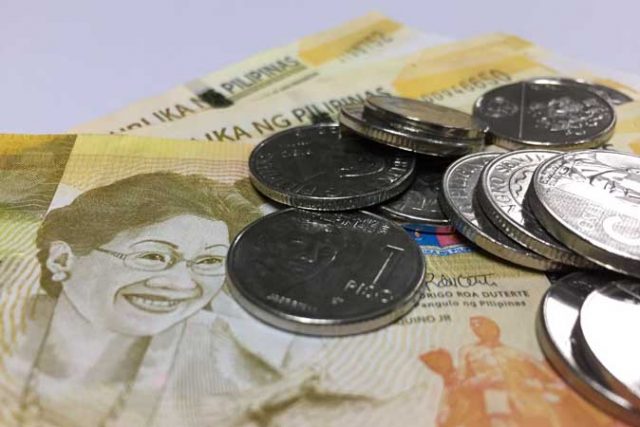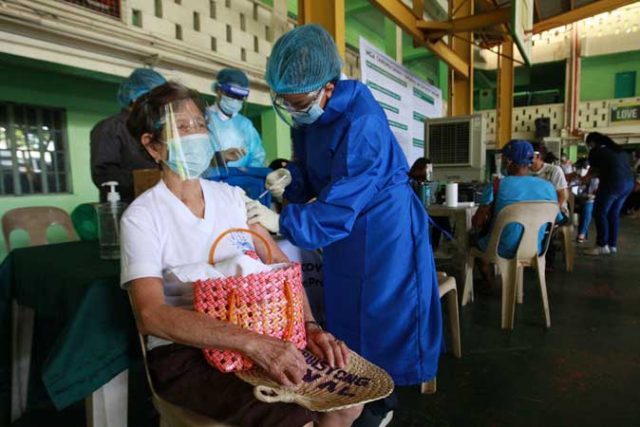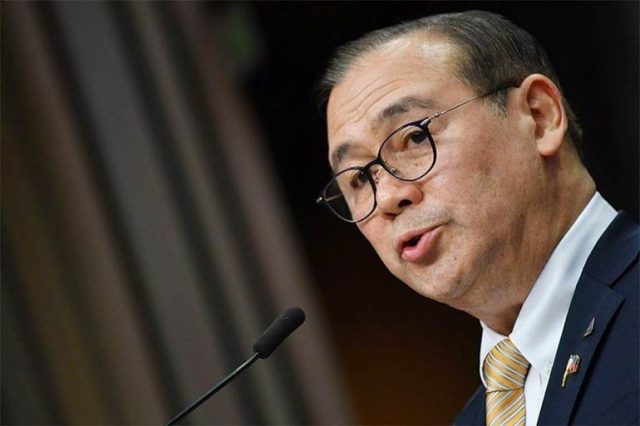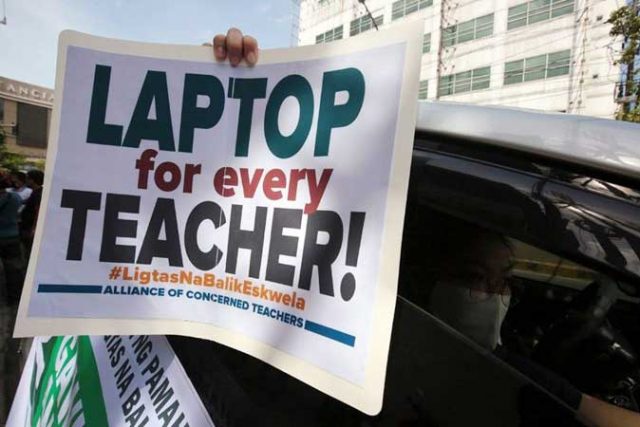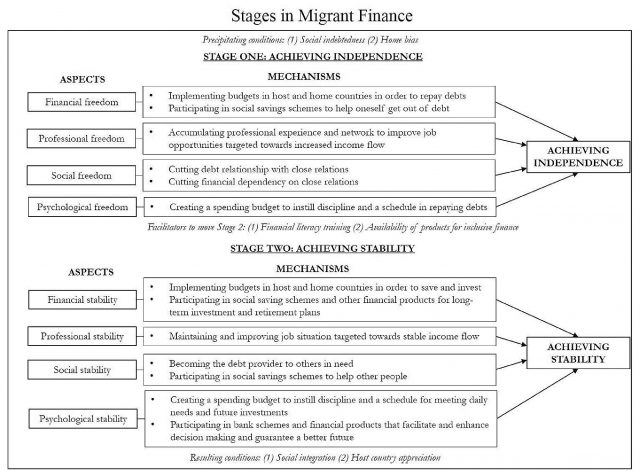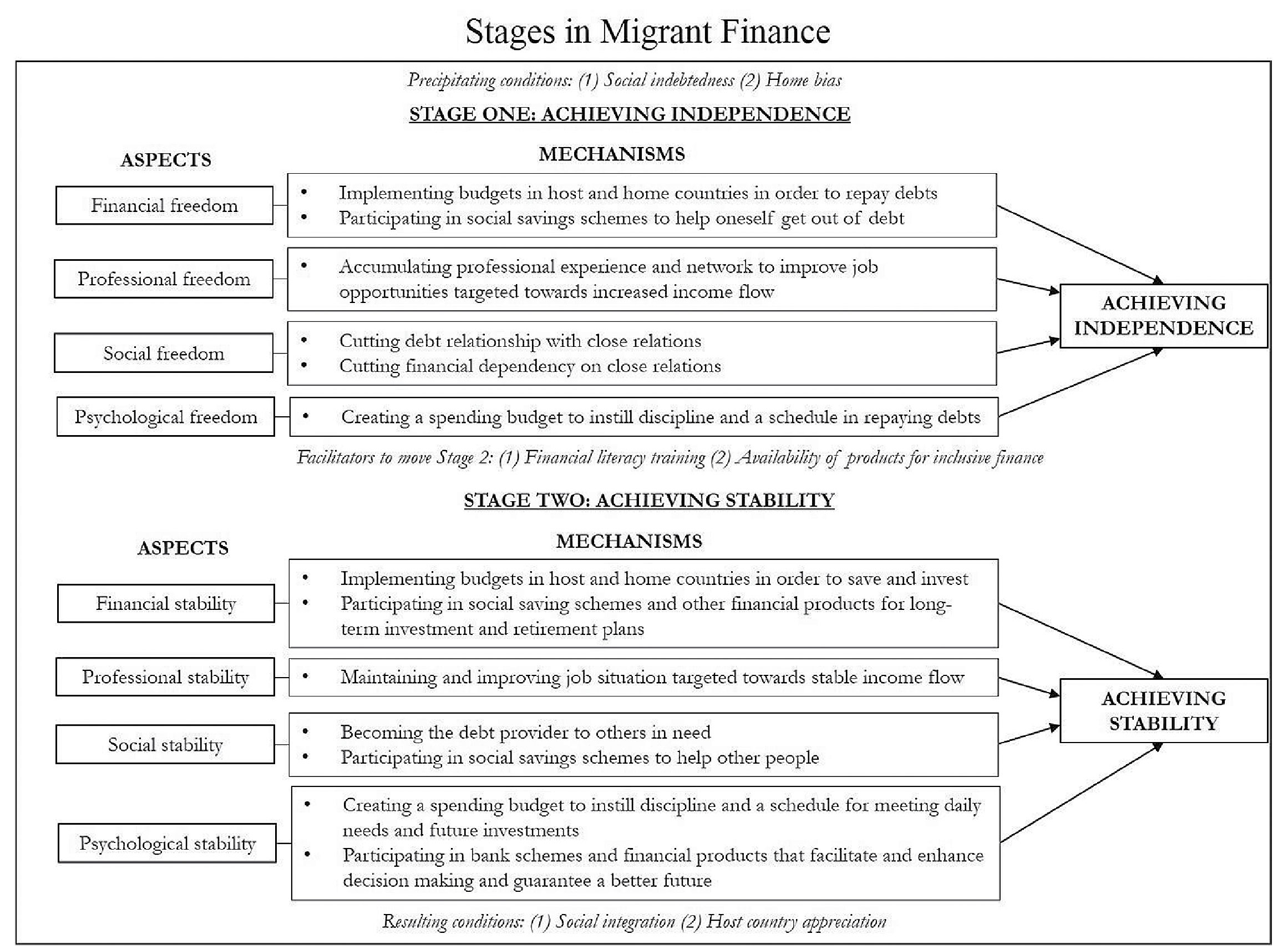By Kyle Aristophere T. Atienza and Vann Marlo M. Villegas, Reporters
THE DEPARTMENT of Health (DoH) on Wednesday flagged increasing coronavirus infections in four regions in the Visayas and Mindanao.
The regions of Western Visayas, Caraga, Davao and Soccsksargen were at high risk, Health Director Alethea de Guzman told an onlne news briefing. Metro Manila and nearby provinces were now at low risk, she added.
“These places have reported more cases in the past two weeks,” she said in Filipino.
Coronavirus cases have increased by 27%, Western Visayas by 41%, the Davao region by 53% and Soccsksargen by 33%, she said.
The average daily attack in the Caraga region from June 6 to 19 was 9.95 for 100,000 people. The ratio was 8.83 in the Western Visayas, 8.16 in the Davao region and 7.01 in Soccsksargen.
The average daily attack rate refers to the number of new cases in the area for two weeks divided by the population. An average of more than seven is considered high risk.
In contrast, the infection rate in Metro Manila in the past two weeks declined by 23% and its average daily attack rate was at 5.7.
Ms. de Guzman said the average daily tally in the capital region from June 16-22 was 685, down from 825 a week earlier..
“We are of course equally glad to see this change,” she said. “The goal now is to push it down even further so that we reach our pre-enhanced community quarantine levels of less than 500.”
Ms. de Guzman said coronavirus infections nationwide have been declining, with the average daily tally in the past seven days at 5,790, lower than the 6,678 a week earlier. Cases peaked from April 9 to 15 at 10,845 infections.
Metro Manila is under a general community quarantine, with some restrictions until June 30.
DAILY TALLY
DoH reported 4,353 coronavirus infections on Wednesday, bringing the total to 1.37 million.
The death toll rose by 119 to 23,928, while recoveries increased by 7,139 to 1.3 million, it said in a bulletin.
There were 49,862 active cases, 1.5% of which were critical, 90.4% were mild, 4.5% did not show symptoms, 2.1% were severe and 1.49% were moderate.
The agency said 15 duplicates had been removed from the tally, 12 of which were tagged as recoveries.
A total of 74 cases previously tagged as recoveries were reclassified as deaths. Six laboratories failed to submit data on June 21, the agency said.
About 13.6 million Filipinos have been tested for the coronavirus as of June 21, according to DoH’s tracker website.
The coronavirus has sickened about 179.9 million and killed 3.9 million people worldwide, according to the Worldometers website, citing various sources including data from the World Health Organization.
About 164.7 million people have recovered, it said.
Meanwhile, Vice President Maria Leonor G. Robredo said she might expand her mobile “vaccine express” program to the Visayas and Mindanao, which has been experiencing a fresh surge in coronavirus infections.
“We are very much willing,” she told Cagayan de Oro Rep. Rufus B. Rodriguez in a tweet. “We will ask our team to coordinate with yours.”
She made the tweet after the congressman asked her office to expand the initiative to coronavirus-hit areas in the Visayas and Mindanao.
Earlier in the day, Mr. Rodriguez said the Vice President should include areas in Mindanao and Visayas, such as Cagayan de Oro and Iloilo, where coronavirus cases were increasing, instead of Manila “which has already given so many vaccines to its residents.”
“Let us not forget that Metro Manila is not safe as long as there are people in areas outside the capital region getting the virus,” he said.
Ms. Robredo and Manila City on Tuesday started drive-thru coronavirus vaccination program for transport workers in the country’s capital. Ms. Robredo provided buses that served as inoculation sites, while the local government provided vaccines. The two-day program seeks to vaccinate 5,000 pedicab drivers and delivery riders. More than 2,000 had been vaccinated as of Tuesday night.
Ms. Robredo, who launched the project together with Manila Mayor Francisco Domagoso, said drivers and riders had been given P500 gas cards as an incentive.
Given that her office did not get access to vaccines, Ms. Robredo said the initiative would depend on local government willing to partner with her office. “Our biggest problem is that in our office, we didn’t have access to supply,” she told reporters this week. The National Government has been prioritizing Metro Manila, Pampanga, Bulacan, Cavite, Laguna, Batangas, Rizal, Metro Cebu and Metro Davao in its vaccination drive. It seeks to vaccinate at least 50% of the people in these key economic hubs by yearend.
Vaccine czar Carlito G. Galvez, Jr. in mid-June said half of the country’s vaccines arriving this month would be deployed to the Visayas and Mindanao.

